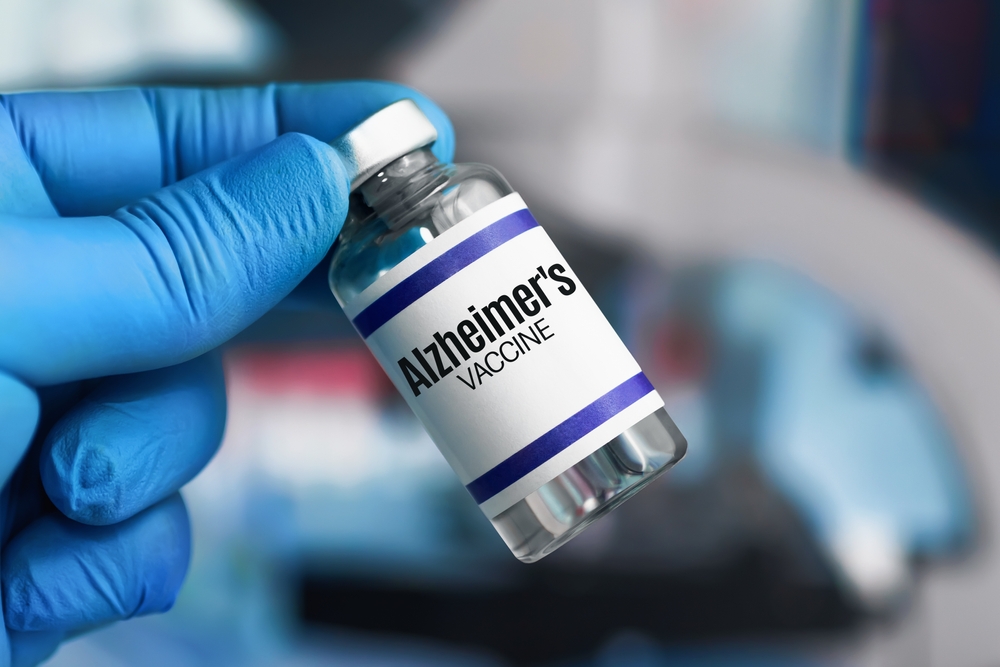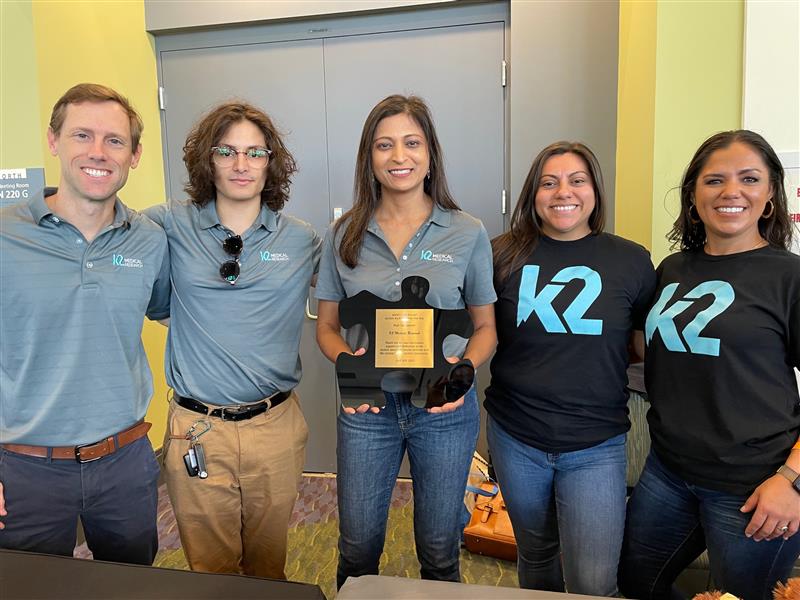By: Simon Spichak
In the past decade, scientists have learned a great deal about the immune system, leading to the development of immunotherapies for diseases from cancer to Alzheimer’s. In Alzheimer’s, immunotherapy drugs called monoclonal antibodies can now bind to Alzheimer’s-associated protein plaques that build up in the brain, flagging them for clearance by the brain’s immune cells as a way of trying to stop or slow the disease.
One such immunotherapy drug for Alzheimer’s, Aduhelm, is already on the market, and others are in the queue for hopeful FDA approval, but the efficacy of these drugs is still an open question, and it has drug developers continuing to search for new ways to treat Alzheimer’s. Some are asking: What if the immune system didn’t need this outside help in clearing beta-amyloid and similar biomarkers? What if it was trained to recognize and get rid of these bad proteins on its own?
Vaccines may be able to do just that. Currently, at least nine Alzheimer’s vaccines are being tested in clinical trials, putting them a few years from the finish line.
Targeting Amyloid and Tau
Toxic beta-amyloid protein plaques and tau tangles build up in the brains of those with Alzheimer’s disease. Some vaccines focus on introducing amyloid and tau proteins to the body’s immune system, training the body to identify these pathological proteins and destroy them.
Vaxxinity’s UB-311 vaccine has shown promise in Phase 2a trials and is working on plans for a 2022 Phase 2b trial. This vaccine consists of a protein that mimics a part of the beta-amyloid plaque. It trains immune cells to later recognize, bind to and clear the plaque. The vaccine is delivered in three doses, with regular boosters.
The clinical trials underway will ultimately determine whether UB-311 is capable of reducing the severity — or even preventing the development — of Alzheimer’s. UB-311 has recently received the FDA’s fast-track designation, expediting the process to approval.
Priming the Immune System
Specifically targeting beta-amyloid plaques and tau tangles are promising targets for new vaccines, and may prove effective in halting the progression of the disease. Meanwhile, other experimental Alzheimer’s vaccines are being designed to stimulate the immune system, prompting it to mount a response to these proteins on its own.
Researchers at the Brigham and Women’s Hospital recently tested the potential of a vaccine using this strategy. Protollin is an intranasal Alzheimer’s vaccine. It contains an adjuvant — an ingredient in some vaccines that enhances the immune response. After promising results in a mouse model of Alzheimer’s, Protollin is now headed to Phase 1 clinical trials, where researchers will assess its safety in humans.
Despite these many advances, it could still be as much as a decade before an Alzheimer’s vaccine candidate successfully completes its clinical trial phase, lands its FDA approval and becomes publicly available. In the meantime, these clinical trials, and the participants who volunteer to make them possible, are the launch pad of a new class of Alzheimer’s therapeutics.













